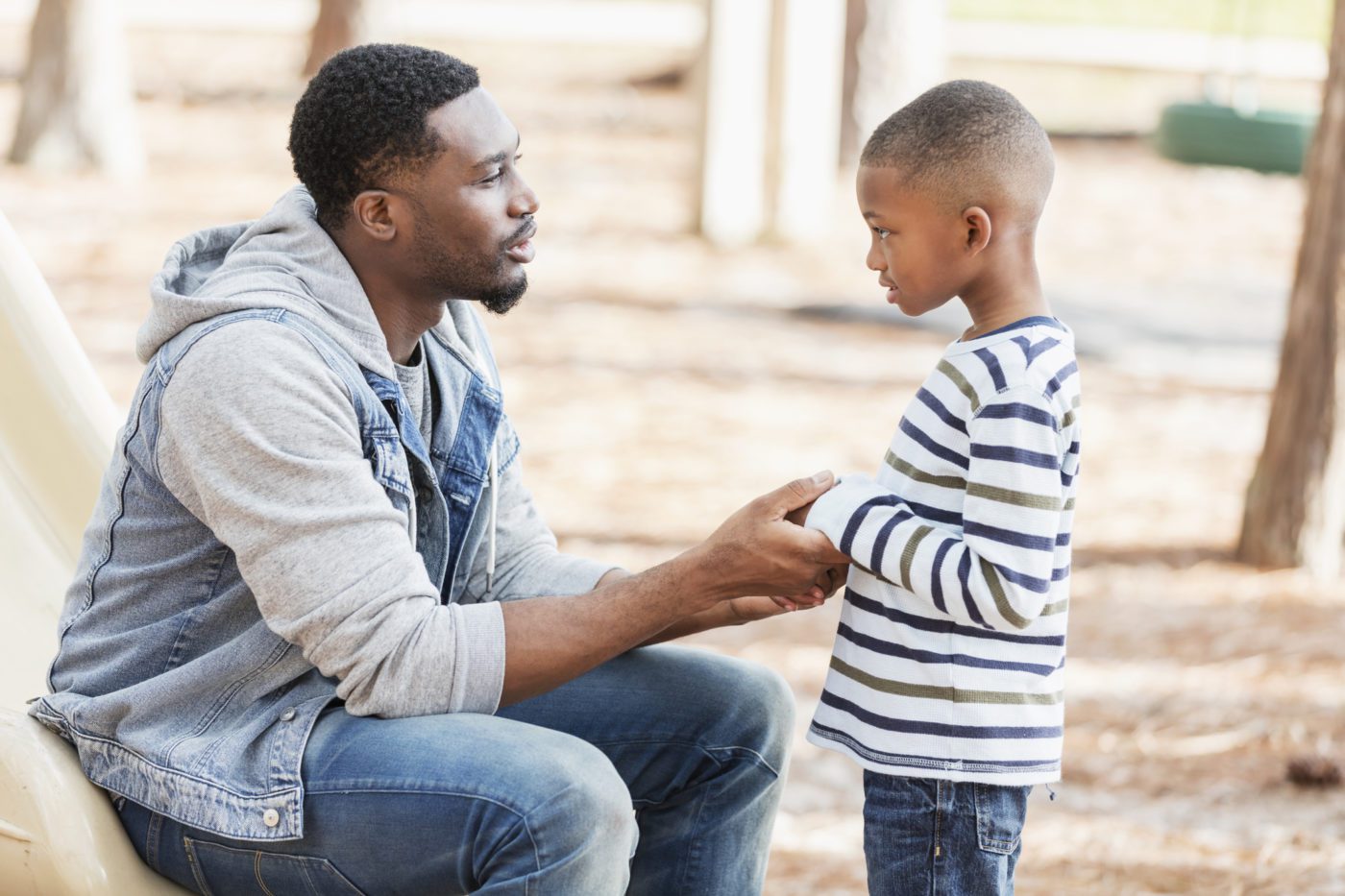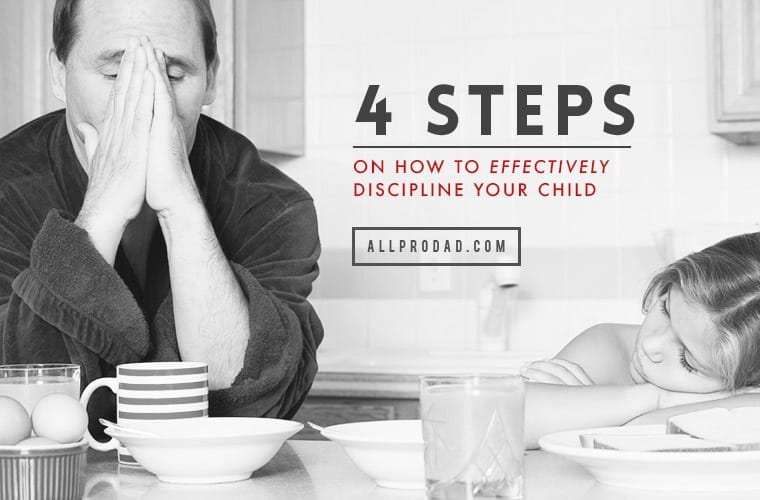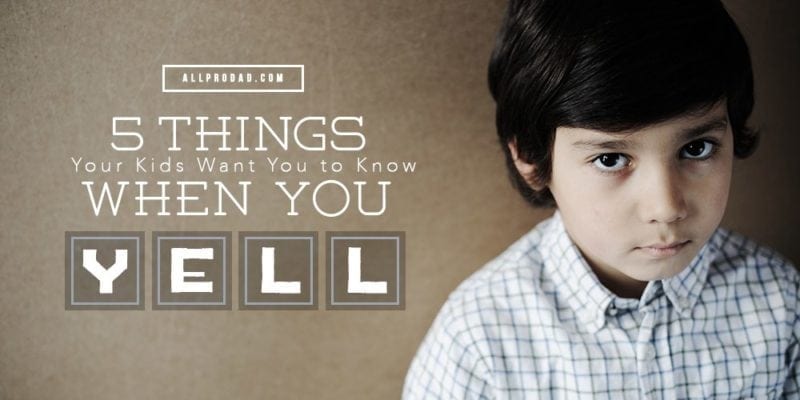“Dad, what is the toughest thing about being a parent?” This is a question my son, Kendall, asked (who was 15 at the time). And I told him: “Trying to love, teach, and discipline your children without destroying their spirits.” Of course, he didn’t quite understand what I meant, so I explained to him how grandma and grandpa were as parents. I told him they had a lot of rules and harsh consequences if I broke them.
However, I never received their discipline as being love, but rather, mistakenly, as abuse. That’s because they never explained why their rules were necessary, and they never asked me what I thought about their rules or their punishments. I told my son, “My fear is that I would unconsciously and unintentionally do the same.” Here’s how to prevent that.
Define your boundaries.
As a public school teacher for more than two decades, and later as a teacher trainer, one of the first lessons I learned and taught about disciplining children is to clearly define your boundaries for their desired behavior.
The truth is, we train people on how to treat us based on the boundaries we set and how we respond to them. I’m not talking about one-sided, heavy-handed, unrealistic boundaries that provoke rebellion, but rather mutual agreement on boundaries concerning basic values like respect, sharing, caring, responsibility, gratitude, and honesty—just to name a few. We should demonstrate what each of those values looks like in reference to our children’s behavior.
Define the consequences.
Consequences are our responses to our children if they choose to ignore the boundaries we set. As parents, not only do I put our boundaries in writing and have them signed by our children, but the consequences are in writing, too. Just like in real life, signing a document is communicating to all involved that we’re in agreement.
Before they sign our agreement, we allow our children to add, question, modify, or remove any consequence they deem unfair, unrealistic, or unloving. The consequences aren’t meant to punish them but rather to protect them from future bad behavior. But after the document is signed, it cannot be changed unless all of us agree to the revision.
Honor your children’s choices.
I believe the key to effective discipline is consistency—consistency in honoring the agreed-upon boundaries and honoring the agreed-upon consequences of our children’s choices. This is why having clearly written, signed, and agreed-upon boundaries and consequences is so important. It eliminates unnecessary arguments and takes the emotion out of tough parenting decisions.
In our home, all consequences come with a “first warning.” We call it a “grace warning.” But there is no second warning. There is only follow-through on the first consequence of the choice. We’re honoring the choice they made. So, like we all do, they now have to live with the consequences of their choices.
Look for the lessons.
The root word of “discipline” is “disciple.” To disciple means to teach. No one likes to live with the consequences of their bad choices. But discipline should never be used to punish. It should be used to teach. Even in a less than ideal household, some of the best lessons I learned in my childhood were results of the discipline I received from my mother.
However, my mother never explained the “why” behind the consequences. So, to me, the consequences always felt like punishment. I knew I had to do better for my children. So, I always urge my children to look for the lesson in the discipline:
What did you learn from that?
What would you do differently?
Why do you think I responded that way?
If you were the parent, what would you do?
There’s a great scripture in the Bible that says, “For the moment, all discipline seems painful rather than pleasant, but later it yields the peaceful fruit of righteousness to those who have been trained by it.” (Hebrews 12:11)
So, always discipline your children to teach them, rather than to punish them.
Sound off: What is your biggest struggle when it comes to discipline?












Huddle up with your kids and set clear boundaries and consequences.